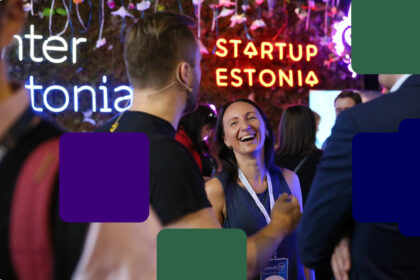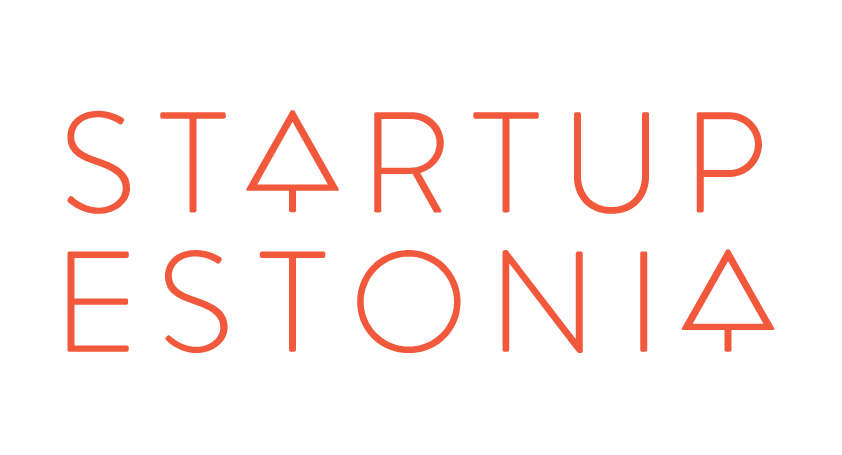
Estonia has long been hailed as the digital darling of Europe, a small Baltic nation that defied its post-Soviet limitations to emerge as a tech powerhouse. Yet, for all its acclaim, Estonia’s journey has been shaped by a tension between its socialist roots and a growing desire for economic liberalism. Today, with sweeping governmental reforms that echo the market-friendly policies seen in Argentina under President Javier Milei, Estonia stands on the cusp of an entrepreneurial revolution.
These changes — characterized by deregulation, lower taxes, and a commitment to private enterprise — could catapult Estonia from being a digital success story to a global leader in innovation and startups. The shift signals not just an evolution of policy but a redefinition of Estonia’s identity as a nation that marries technological prowess with economic freedom.
Article Highlights
The Political Shift: From Welfare to Wealth Creation
For years, Estonia was admired for its digital-first governance and robust welfare policies. Yet critics argued that high taxes and bureaucratic hurdles limited the growth potential of its private sector. The recent rise of the Reform Party, led by Prime Minister Kaja Kallas, marks a deliberate pivot toward free-market capitalism. This transition is spearheaded by Kristen Michal, Estonia’s Minister of Economic Affairs and Information Technology, who has been vocal about reducing barriers to entrepreneurship.
In a recent interview, Michal stated, “Estonia’s economic reform agenda is a promise to every founder, investor, and innovator. We aim to create an ecosystem where innovation is not just supported—it’s inevitable.”
This approach mirrors Argentina’s recent transformation under Milei, whose deregulatory policies and push to empower private enterprise have sparked an entrepreneurial renaissance. Estonia’s reforms, though less drastic, share the same underlying philosophy: creating conditions for innovation by reducing state control and embracing market-driven solutions.
Estonia’s Startup Ecosystem
Estonia’s startup ecosystem is one of the most dynamic in Europe, despite its modest population of just over 1.3 million. This success is no accident—it’s the result of deliberate strategies, institutions, and policies designed to attract and nurture innovation.
A Legacy of Digital Pioneering
Estonia’s rise began with its groundbreaking embrace of digital governance. The e-Residency program, launched in 2014, has been a cornerstone of its appeal to entrepreneurs worldwide. This digital identity system allows anyone to register and manage a business in Estonia remotely, offering unparalleled ease of access. Over 100,000 individuals from 176 countries have signed up for e-Residency, many using it as a gateway to the European market.
Estonia’s ecosystem has produced global unicorns like Skype, Wise (formerly TransferWise), and Bolt; born in an environment where technology and entrepreneurship were actively encouraged, supported by both government initiatives and a growing network of venture capital firms and accelerators.
Key Players Driving the Ecosystem
Estonia’s venture capital scene is small but potent, punching above its weight in terms of impact. Firms like Karma Ventures, Change Ventures, and Trind Ventures have been instrumental in funding early-stage startups, particularly in sectors like fintech, AI, and cybersecurity.
- Karma Ventures, for example, specializes in deep-tech startups and has invested in companies like SpectX and Realeyes.
- Change Ventures focuses on Baltic founders, offering not just capital but mentorship and access to a global network. Their portfolio includes Veriff, a fast-growing identity verification platform, and MeetFrank, a recruitment app revolutionizing how talent meets opportunity.
On the accelerator front, Startup Wise Guys stands out as one of the most prominent programs in Europe. Based in Tallinn, this accelerator focuses on B2B SaaS, fintech, and cybersecurity startups. Since its inception, it has supported over 350 startups, providing seed funding, mentorship, and access to an extensive investor network.
Another significant player is Garage48, an organization that organizes hackathons and innovation events across the Baltics and beyond. Their programs are renowned for fostering collaboration among developers, designers, and entrepreneurs, often resulting in startups that evolve into successful businesses.
Venture Capital and International Collaboration
The influx of foreign venture capital has also bolstered Estonia’s ecosystem. The country’s straightforward legal framework for investments and its membership in the European Union make it an attractive destination for international investors.
Estonian startups are increasingly drawing interest from global funds like Index Ventures, Accel, and Balderton Capital. Wise, for instance, received early backing from Index Ventures, which helped the company scale into a global financial services leader.
This growing international interest has been facilitated by initiatives like EIT Digital and Startup Estonia, which aim to connect local startups with global markets. Startup Estonia, a government-backed initiative, acts as a gateway for foreign investors and companies interested in Estonia’s tech scene. Their efforts include matchmaking events, educational resources, and the Startup Visa program, which simplifies the process for non-EU founders to establish companies in Estonia.
Challenges and Opportunities
While Estonia’s ecosystem is flourishing, it faces several challenges. Talent retention remains a pressing issue, as many skilled workers and entrepreneurs are lured to larger markets like Germany or the UK. Additionally, the ongoing geopolitical tensions with Russia present risks to economic stability, particularly given Estonia’s reliance on digital infrastructure.
Despite these challenges, Estonia’s small size is often an asset. The tight-knit community allows for rapid networking and collaboration, and the government’s proactive support ensures that startups can navigate challenges efficiently.
“Estonia abandoned socialism, adopted bold free-market reforms, and is now a global model for economic revival,” noted Free-Market PhD Economist Vance Ginn during an interview with The Fraser Institute’s Dr. Matt Mitchell, “Estonia’s flat tax system is straightforward and growth-friendly—a case study in simplifying revenue collection.”
For Europe and Beyond
Estonia’s shift toward free-market principles is not merely a domestic story—it’s a case study in how small nations can leverage policy and innovation to punch above their weight on the global stage. By combining a commitment to digital transformation with a newfound embrace of economic liberalism, Estonia is setting an example for other countries seeking to cultivate entrepreneurial ecosystems.
As Kaja Kallas recently noted, “Estonia’s strength lies in its agility. We may be small, but we are bold. And in today’s global economy, boldness is what drives success.”
Watch Estonia continue its transformation. With its thriving startup culture, supportive policies, and a growing network of investors and accelerators, the nation is poised to lead Europe into a new era of innovation and prosperity.




Oh awesome! Here is the full publication: https://www.fraserinstitute.org/studies/road-freedom-estonias-rise-soviet-vassal-state-one-freest-nations-earth
I just ordered a Mendi headset, which is a neurofeedback device. I didn’t realize it until I got the tracking codes from FedEx, but, while it was developed in Sweden, it appears to have been manufactured in Estonia. It’s getting rave reviews online, so they must be doing something right.
Vaike O’Grady
I really enjoyed it! That said, I would disagree with the framing that just now they’re moving to a more Milei style approach. Mart Laar, one of the early PMs was an avowed Milton Friedman fan and the country has long had extremely attractive tax schemes for years
For example, it usually ranks quite highly on economic freedom and tax reform indexes. There is now a fight over the pathway for taxation given defense needs but this is ongoing and evolving
https://taxfoundation.org/blog/estonia-tax-system-competitiveness-reform/
Brilliant. And thank you, we all learn something when we communicate and share